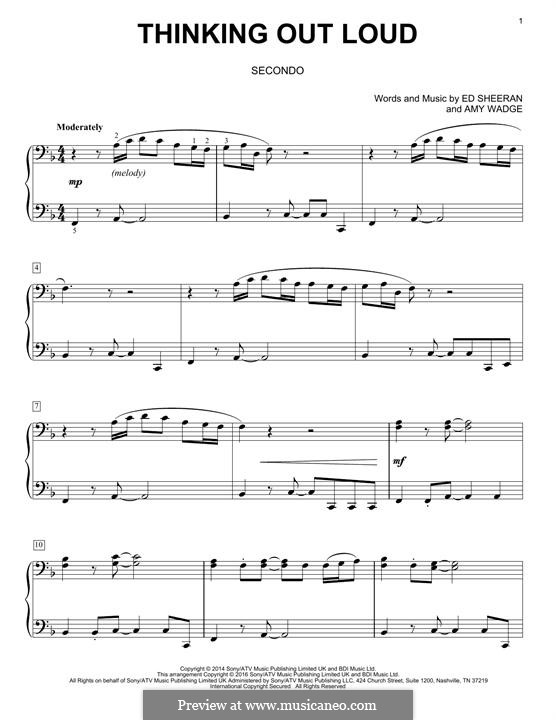

Swift - or at least the version of Swift on her albums - has remained largely the same person since her debut: a thin-skinned, bighearted obsessive, with a penchant for huge romantic moments. (For 1989, she embraced feminism and threw away the last vestiges of her Nashville sound, but those were basically just aesthetic changes.) If the word on her has shifted since her debut, it’s because we’ve changed, not her. Other people say she’s Jewish.Īnd yet, unlike Madonna or Bowie, Swift got through the first 11 years of her career without any major reinventions. Some people say she’s a goddess of the alt-right. She’s been feminism’s worst nightmare, and an advocate for victims of sexual assault. She was a precocious teenager, and the ultimate embodiment of white privilege. And, outside the legions of fans who eat up everything she puts out, no take on her ever stays solid for long.

I find it hard to explain why exactly, and I’m sure Swift would, too: Somehow, this one 27-year-old woman from Wyomissing, Pennsylvania, keeps finding herself at the center of our national conversations about race, gender, celebrity, victimhood, even the economics of the tech industry. One of them is a massive, multi-million-dollar enterprise filled with violence and betrayal, and the other airs on HBO. In this business, there are two subjects that will boost your page views like nothing else: Game of Thrones and Taylor Swift.


 0 kommentar(er)
0 kommentar(er)
